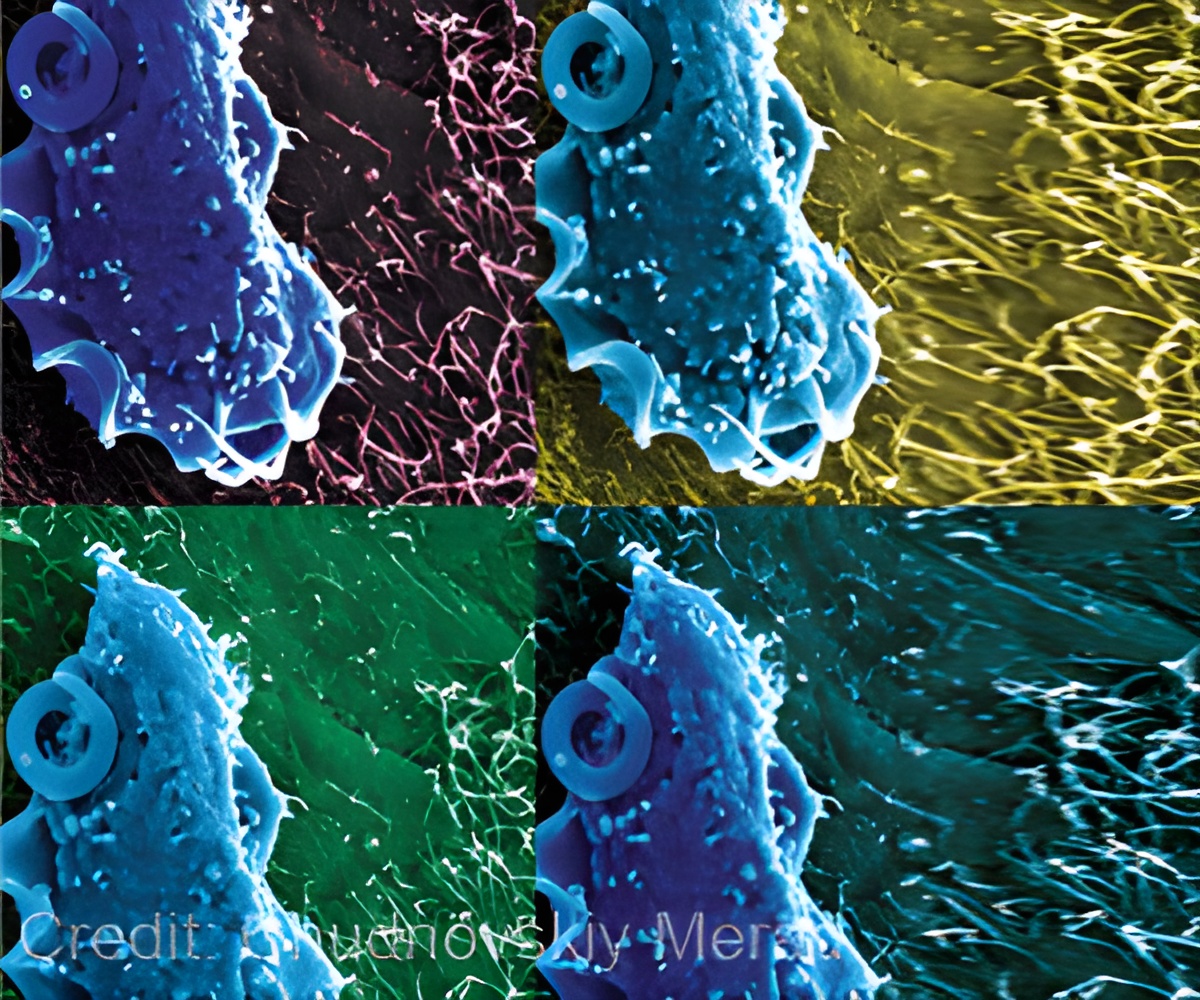New polymer material protects cells during freezing leading to more cells being recovered and less use of antifreeze.

‘New advancement in the ability to freeze and store cells for cell-based therapies and research with the advent of this new polymer material.’
Read More..




Cryopreservation of cells is an essential process, enabling banking and distribution of cells, which would otherwise degrade. The current methods rely on adding traditional 'antifreezes' to the cells to protect them from the cold stress, but not all the cells are recovered and it is desirable to lower the amount of solvent added.Read More..
The new Warwick material was shown to allow cryopreservation using less solvent. In particular, the material was very potent at protecting cell monolayers - cells which are attached to a surface, which is the format of how they are grown and used in most biomedical research.
Having more, and better quality cells, is crucial not just for their use in medicine, but to improve the quality and accessibility of cells for the discovery of new drugs for example.
Cell-based therapies are emerging as the "fourth pillar" of chemo-therapy. New methods to help distribute and bank these cells will help make them more accessible and speed up their roll-out, and this new material may aid this process.
Professor Matthew Gibson who holds a joint appointment between the Department of Chemistry and Warwick Medical School comments:
Advertisement
Source-Eurekalert









